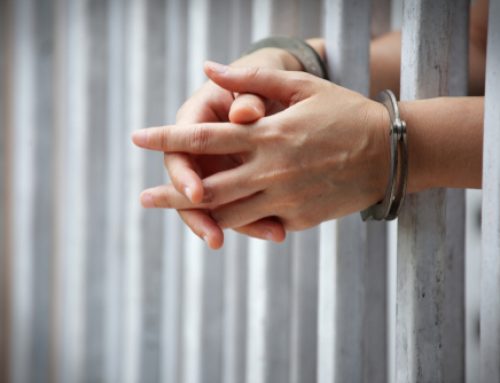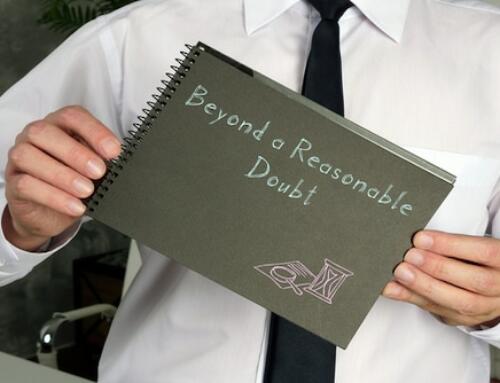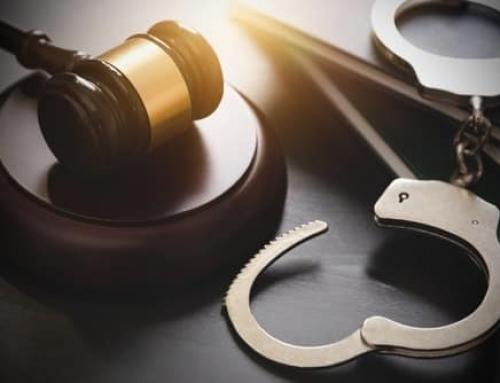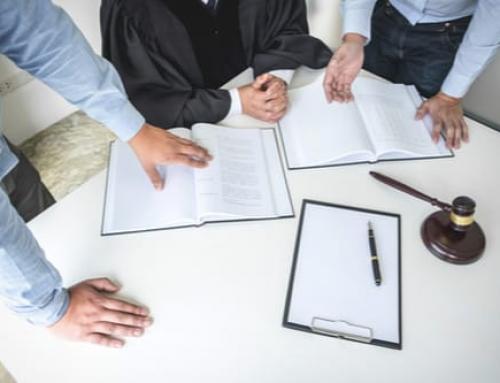As a criminal defense attorney in Philadelphia, I sometimes deal with plea bargains. When defending a client, I first aggressively investigate and analyze whether I can get the criminal charges dismissed against my client or whether my client is likely to be found not guilty. After all, a dismissal, charges, or a not-guilty verdict are the best possible outcomes I can get for anyone facing criminal charges. However, some cases present hiring risks for clients, or some clients are unwilling to risk going so far as to present their case at trial. In those cases, I turn to plea bargaining to reduce my client’s risks.
A plea bargain is an agreement between defense and prosecution lawyers or the prosecutor and the defendant, allowing the defendant to plead guilty to a certain charge or charges. In return, the prosecutor closes the case before it goes to jury trial. Plea bargains are fairly common in the US justice system. It is estimated that close to 90% of felony convictions in the US result from plea bargains. Many lawyers use this legal technique to close cases because of its many benefits for the defendant, the prosecutor, and even the courts. Here is a look at some of these benefits of plea bargains.
Plea Bargaining Can Remove Uncertainty
Jury trials can be very stressful for defendants. Not only do they have to endure many tough questions, but they also live with the anxiety of not knowing the case’s outcome. Plea bargains remove such uncertainties as the defendant is fully aware of the kind of punishment they will face when they plead guilty to the agreed-upon charges.
Plea Bargaining Can Promote Leniency
Defendants who take plea bargains often plead guilty to less serious charges than those they would have been tried for. This translates into lesser sentences for them.
Plea Bargaining Can Avoid Maximum Sentencing
This is one of the major reasons why defendants opt to take a plea bargain. If a case goes to trial, there is a possibility that the defendant may receive maximum sentencing for the crimes they committed. Plea bargains remove that possibility, as the sentences negotiated are always less than the maximum sentence possible for the crime committed by the defendant.
Plea Bargaining Reduces Prosecutors’ Case Loads
By enabling the closure of cases before they go to the trial stage, plea bargains reduce court caseloads. The process also reduces the prosecutors’ workload as they are left with only serious cases to deal with.
Plea Bargaining Can Reduce Costs
Defendants don’t just benefit by having less punishment; plea bargains also reduce the amount of money they pay to their attorneys as legal fees. Often, the more time a case takes, the higher the attorney’s fees. When a case goes to the jury for trial, it is not just the duration of the case that increases, lawyers also have to put in a lot of effort and resources in conducting research, gathering and analyzing evidence and making arguments before the jury. They, therefore, charge higher fees. Thus, by taking a plea bargain, defendants cut their cases short and reduced their legal costs. It is not just the defendant who saves money by opting for a plea bargain; courts also save money. If all cases were to go to trial, the few resources at the courts’ disposal would not allow them to handle them effectively.
Types of Plea Bargains in Philadelphia
There are two major types of plea bargains that are recognized in Philadelphia and the rest of the USA. Here is a look at them.
Charge bargaining is by far the most common type of plea bargaining. The defendant pleads guilty to a lesser charge, and in return, the prosecutor drops greater charges leveled against the defendant. For instance, a defendant may opt to plead guilty to manslaughter instead of going to the jury, where they would have been charged with murder.
Sentence bargaining – Sentence bargaining is less common and more tightly controlled than charge bargaining. In this type of plea bargain, the defendant pleads guilty to the charges leveled against them by the prosecutor. In return, they are given a lesser sentence.
Strategies for Plea Bargaining in Philadelphia
Poking holes at the prosecutor’s evidence – Prosecutors rarely offer plea bargains if they are sure that their evidence is rock solid and, therefore, likely to lead to the conviction of the defendant. To get a good plea bargain, defense lawyers try as much as possible to point out the weaknesses of the prosecutor’s evidence so that the prosecutor feels less certain about securing a conviction for the defendant if the case goes to trial.
Criminal history of the defendant – This is another effective strategy criminal defense lawyers use to get plea bargains. The defense may point out this to the prosecutor if the defendant has no criminal history. This strategy is meant to paint the defendant as deserving leniency because they do not threaten society’s security seriously.
Defendant’s cooperation – To get a plea bargain, the defendant may opt to cooperate with the prosecutor and testify against their co-defendants. Alternatively, they may agree to cooperate in a different case where their testimony may help the prosecutor’s case. I consider this option a last resort because clients may often be placing themselves in danger of cooperating with law enforcement.
Plea bargains remain a controversial subject not only in the USA but also in the rest of the world. Controversial as they are, there is little doubt that plea bargains have many benefits not just for the defendant but also for the prosecutor and the courts. That is why they remain a major component of the criminal justice system in Philadelphia and the US.






